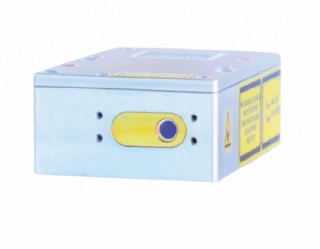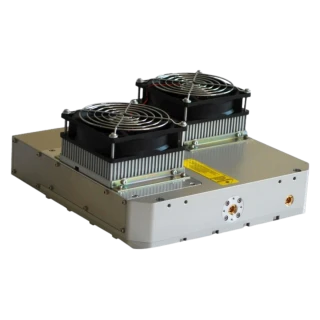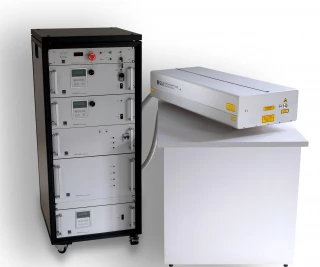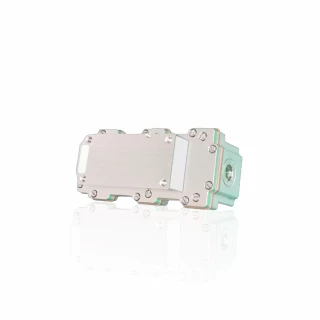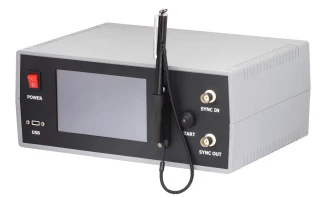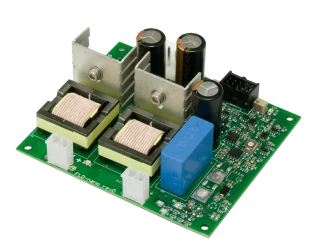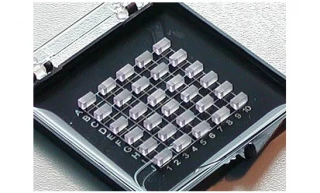Solid State Lasers
Frequently Asked Questions
What is a solid-state laser?
A solid-state laser is a type of laser that uses a solid-state gain medium, such as a crystal or glass, instead of a gas or liquid. The gain medium is excited with a flashlamp or diode, which causes the atoms to emit photons and generate laser light.
What are the advantages of solid-state lasers?
Solid-state lasers offer several advantages over other types of lasers, including high efficiency, compact size, and long lifetime. They can also produce high power and high energy pulses, making them ideal for applications such as cutting, welding, and marking.
How do I choose the right solid-state laser for my application?
When choosing a solid-state laser, you should consider factors such as output power, pulse duration, repetition rate, wavelength, and beam quality. It's also important to consider the specific requirements of your application and choose a laser that meets those requirements.
How do I maintain and service my solid-state laser?
Proper maintenance and service are important for maximizing the performance and lifespan of your solid-state laser. This may include cleaning the optics and gain medium, checking and replacing the flashlamps or diodes, and monitoring the output power and beam quality. It's recommended to consult with the manufacturer or a qualified service technician for specific maintenance and service instructions.
What are the advantages of solid state lasers compared to other types of lasers?
Solid state lasers offer several advantages, including high efficiency, compact size, and long lifetime. They also have a high beam quality, which makes them ideal for applications that require precise control and accuracy.
What materials are commonly used in solid state lasers?
Solid state lasers are typically made using materials such as neodymium-doped yttrium aluminum garnet (Nd:YAG), neodymium-doped yttrium orthovanadate (Nd:YVO4), and titanium-doped sapphire (Ti:Sapphire). These materials have unique properties that make them well-suited for laser applications.
What are the advantages of using solid-state lasers in material processing applications?
Solid-state lasers offer high beam quality, reliability, and efficiency, making them ideal for material processing applications. They also offer a wide range of wavelengths, allowing for precise control over the laser's interaction with different materials.
How do solid-state lasers compare to gas lasers?
Solid-state lasers are generally more compact, efficient, and reliable than gas lasers. They also offer a wider range of wavelengths and higher beam quality, making them more versatile in their applications.
Can solid-state lasers be used for medical applications?
Yes, solid-state lasers are used in a variety of medical applications, such as dermatology, ophthalmology, and dentistry. They are often used for precise cutting and tissue removal, as well as for treating vascular and pigmented lesions.
The solid-state laser is a type of laser that uses a solid gain medium instead of a liquid or gas medium. This type of laser is known for its high power output and beam quality, making it useful in a wide range of applications such as laser cutting, welding, marking, and drilling. Solid-state lasers are also preferred for scientific and medical applications due to their high stability and reliability. At FindLight, we offer a wide range of solid-state lasers from leading manufacturers, including diode-pumped solid-state lasers, fiber-coupled solid-state lasers, and ultrafast solid-state lasers. Whether you are looking for a specific wavelength, power output, or pulse duration, we can help you find the right solid-state laser for your application.
